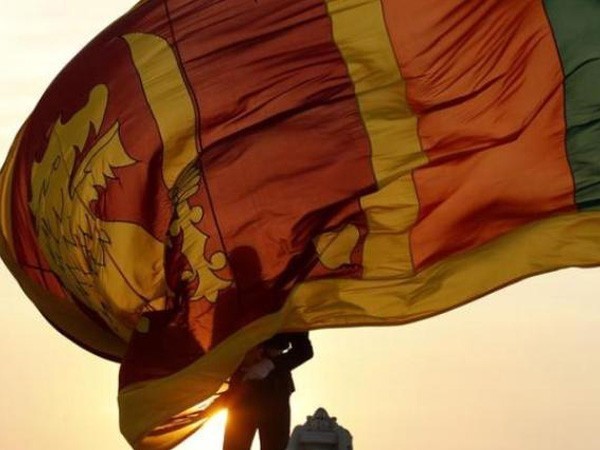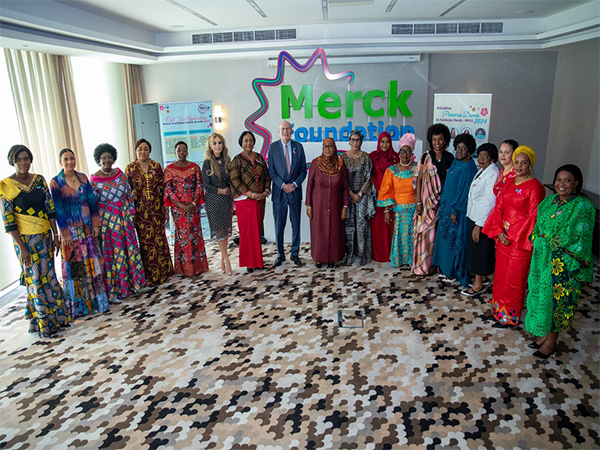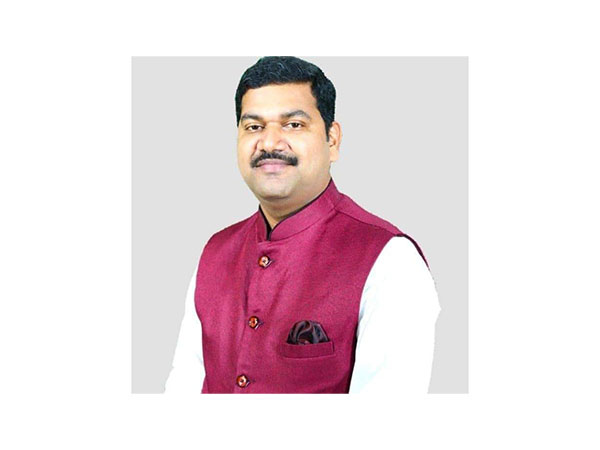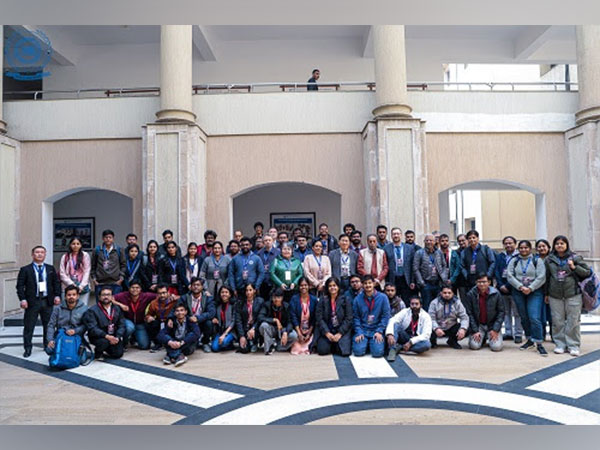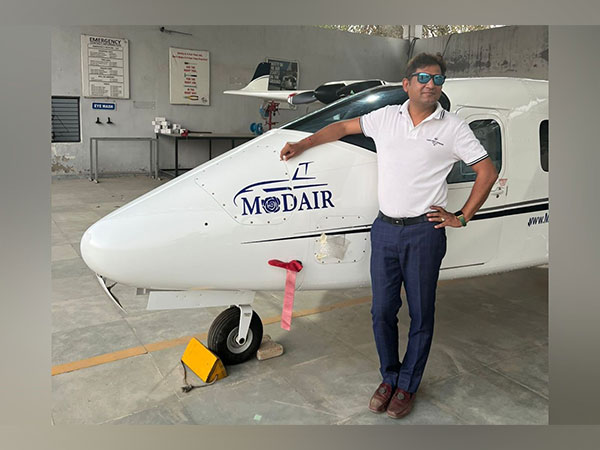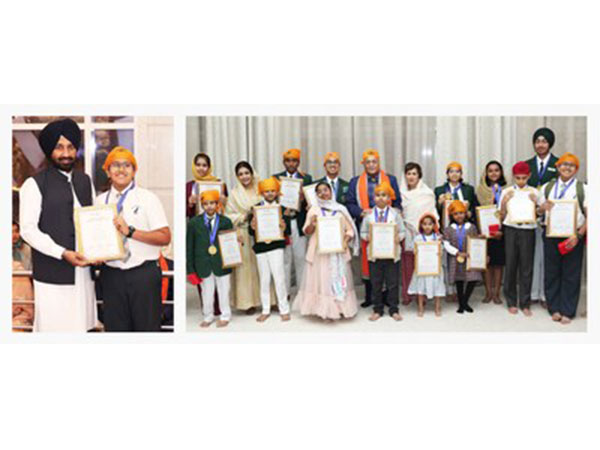Sri Lanka: Can Anura Dissanayake revive a struggling nation?
Sep 25, 2024
Colombo [Sri Lanka], September 25: Anura Kumara Dissanayake was sworn in as Sri Lanka's president on Monday, vowing to change the island nation, which is emerging from its worst economic crisis in more than seven decades.
Dissanayake, who ran as head of the Marxist-leaning National People's Power coalition, defeated opposition leader Sajith Premadasa and 36 other candidates in Saturday's vote.
During his election campaign, Dissanayake challenged the established political order accused of corruption and mismanagement, which resonated deeply with millions of Sri Lankans.
"We need to establish a new clean political culture," he said during his swearing-in speech.
"I have said before that I am not a magician - I am an ordinary citizen. There are things I know and don't know. My utmost objective is to gather those with the knowledge and skills to help lift this country."
Sri Lanka's close neighbors India, Pakistan, and the Maldives congratulated Dissanayake on his win, along with Chinese President Xi Jinping, who said he looked forward to working together "to jointly carry forward our traditional friendship."
Dissanayake: An outsider who rose to the presidency
The 55-year-old, popularly known as AKD, leads the National People's Power (NPP) alliance, which includes his party, the Janatha Vimukthi Peramuna (JVP), or People's Liberation Front.
Dissanayake gained prominence as a student leader before becoming a part of JVP's central committee in 1997. He later entered Parliament and became a cabinet minister in President Chandrika Bandaranaike Kumaratunga's government.
Dissanayake's rise now is particularly remarkable, considering he received only 3% of the vote in the 2019 presidential election.
Saturday's vote was the first since mass protests over shortages of essentials such as foods, medicines, cooking gas and fuel in 2022 forced then-president Gotabaya Rajapaksa to flee the country and resign.
Experts believe Dissanayake and his party seized this moment by pledging to transform the island's political culture and dismantle its entrenched political dynasties.
"Although former President Ranil Wickremesinghe helped stabilize the country's economy, people still view him as someone aligned with the Rajapaksa clan, who are accused of corruption and promoting family politics," senior journalist and political science lecturer Amirthanayagam Nixon told DW.
"Voters took this opportunity to completely remove them from power and give a new face a chance."
Concerns have been raised about a completely new president taking the helm during such a critical period for the country.
Economic recovery challenges
Dissanayake's main challenge will be economic recovery.
His election manifesto included plans to revisit the terms of Sri Lanka's International Monetary Fund's $2.9 billion (€2.6 billion) bailout, along with a commitment to cut taxes.
"Any adjustments to the IMF programme must be with consideration to why it's being done and if those adjustments help attain a better outcome than today," Anushka Wijesinha, an economist and director of Colombo-based public policy think tank, Centre for a Smart Future, told DW.
Wijesinha added that continuing the debt restructuring, which has almost reached the final step, should be Dissanayake's key priority.
"The new president has to maintain credibility and predictably with the bondholder group and the official creditor committee and get it over the finish line," Wijesinha said.
"This will help move Sri Lanka out of default status and strengthen the new government's hand in dealing with international lenders and move on with other policy priorities they may have."
What other issues will Dissanayake face?
Apart from economic recovery, how Dissanayake handles the issues of Sri Lankan Tamils, the country's largest ethnic minority that accounts for nearly 12% of the 22 million population, remains uncertain.
Historically, his JVP party has been seen as opposing Tamil interests, which led to fewer votes for him in the northern and eastern provinces, where the Tamil and Muslim populations are mainly concentrated.
"His party has engaged in anti-Tamil activities," according to Siva Ramasamy, chief editor of the Thamilan newspaper, who claimed that the JVP played a key role in splitting the North and East provinces, which were once united.
Sri Lankan Tamils share deep social, cultural and linguistic ties with people in the southern Indian state of Tamil Nadu, and have been struggling to recover from decades of a civil war that lasted until 2009 and claimed around 100,000 lives.
In a nation where the Sinhalese ethnic group makes up roughly three-quarters of the population, many Sri Lankan Tamils support the devolution of powers to the North and East, as well as reconciliation following the civil war.
"JVP has never supported Tamils. Now, it's unclear how Dissanayake, being from the same party, will address this issue," Ramasamy told DW.
"The question is whether they are willing to implement the 13th Amendment of the Sri Lankan Constitution, which grants various powers to Tamil minorities," he added, referring to what has been a long-standing demand from the Indian government.
However, Ramasamy doubts this will happen and believes that Buddhist nationalism may influence Dissanayake's decisions.
Navigating international relations - India or China?
Experts say Dissanayake will face many challenges not only on the national front but also on the international stage.
Considered close to China, Dissanayake became known for fanning anti-Indian sentiments in the Indian Ocean Island.
Dissanayake also opposed any investigations into alleged war crimes during the civil conflict between Liberation Tigers of Tamil Eelam and Sri Lankan forces.
More recently, he mentioned plans to cancel Indian business tycoon Gautam Adani's 450 Megawatt (MW) power project in Sri Lanka if elected. He called the agreement corrupt and against the country's interests.
"Sri Lanka cannot afford to make India an enemy at this juncture," Nixon warned, pointing out that while other countries like China, the US, and the IMF have provided support, India was the first to extend a crucial lifeline to the island, with over $4 billion in assistance.
Source: Times of Oman
